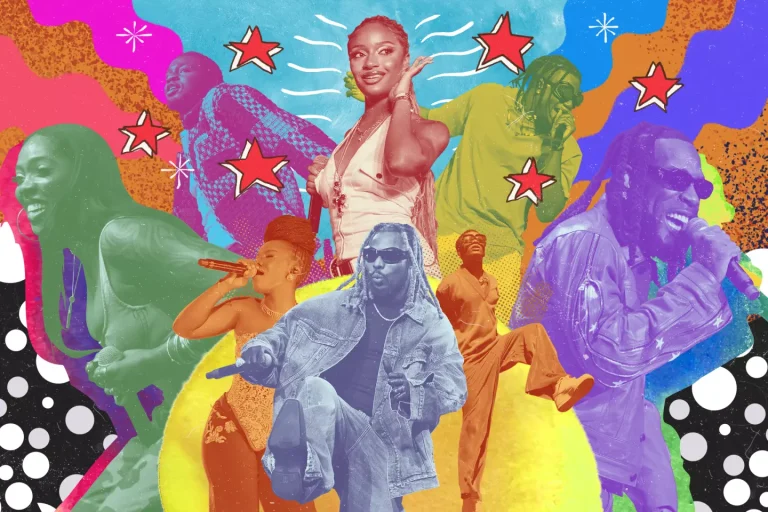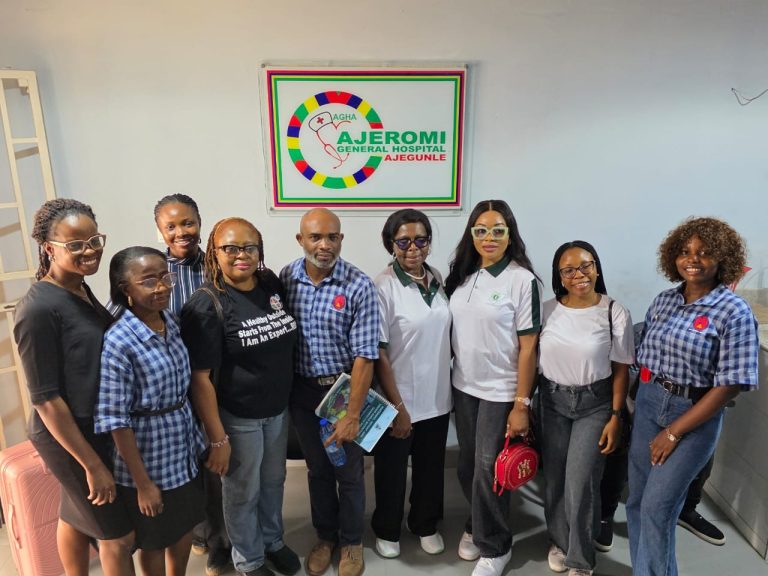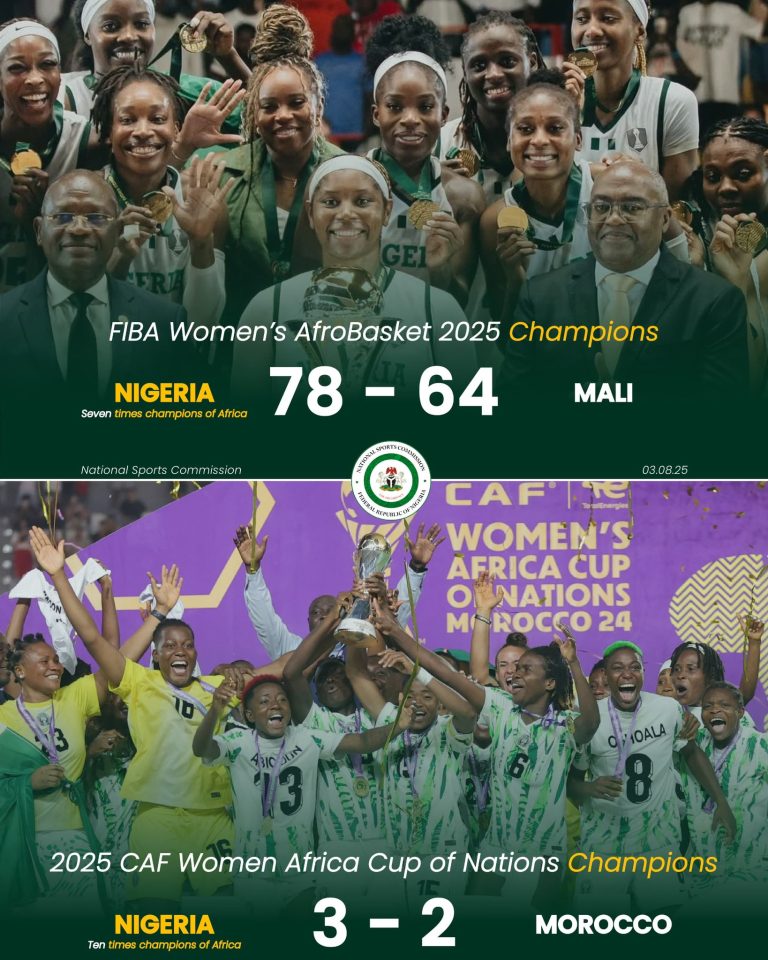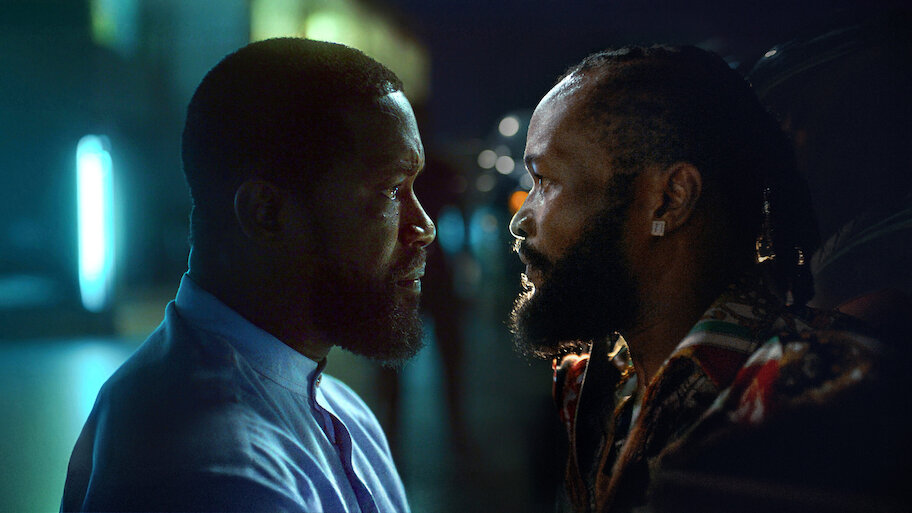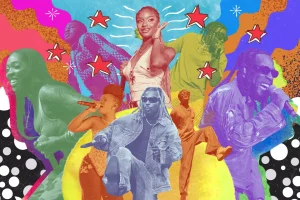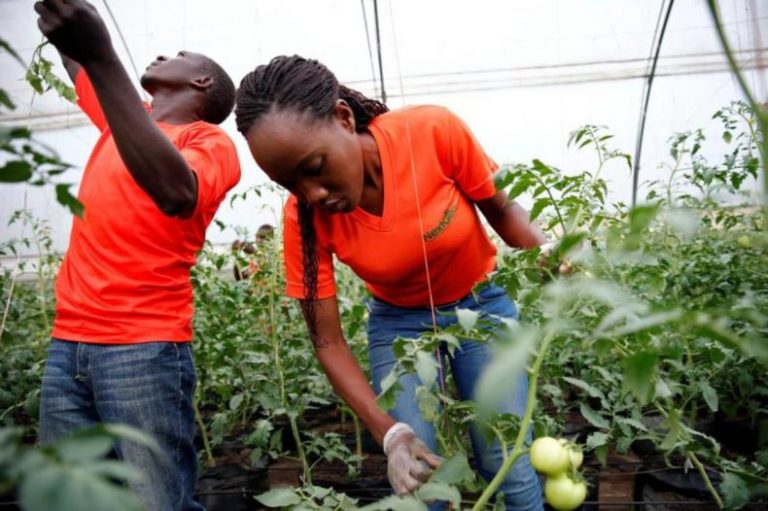In 2009 the famous Nigerian writer Chimamanda Ngozi Adichie gave a TED talk titled ‘The Danger of a Single Story’. She said “the single story creates stereotypes and the problem with stereotypes is not that they are untrue, but that they are incomplete. They make one story become the only story.” Last week the hashtag Secure Ikoyi was trending on social media because of a video that negatively perceived a certain group of Nigerians. This video sparked various conversations around the need to pay attention to the needs of domestic staff and construction workers in the area who depend on these roadside shops and other service providers.
I was personally hurt by the video. “No one knows who these TRESPASSERS are, where they came from or what their mission is.” This is a direct quote from the voiceover on that video. It even went further to say “…Banana Island and Parkview are UNDER SEIGE… the INVADERS and UNLAWFUL vendors…” Really! How can someone decide to tell one side of a story without allowing the other party to share theirs?
So my crew and I went to Onikoyi road in Ikoyi (Banana Island) to meet with the category of people who had been labeled as trespassers and invaders. I had something like a focus group discussion and later interviewed Joseph, Efe, and Ajoke. The first thing I noticed was that these people had seen the viral video and were very angry about it. They were angry that “a big man’s child in the estate made that video” because they want them to be driven away. Here is what I learned from my conversation with this group of people.
- The groups of people at Turnbull-Onikoyi road in that video out around 7 am are waiting for contractors who are working on construction projects in the estate. They are waiting to be hired by contractors. They do not live on the streets; they come early in the morning and go to their homes at the close of work every day.
- Most of these people (labourers) are graduates who do not have jobs but come in search of construction work for daily pay. I met people who had lost their jobs during the pandemic and were just there to get a daily wage.
- The vendors provide affordable services for the labourers, domestic staff, drivers, and security operatives who guard the ‘big men’. A food vendor told me that most of these people do not have access to even drinking water in their boss’s house, so they come out to the street to get their food and water. As we were interviewing one of the respondents, we saw an SUV park and two corporately dressed men came out of the vehicle to buy food from one of the food vendors.
- The people who sell Indian hemp (igbooh) on the streets are patronized by “the children of the big men. They park on the roadside to patronize the guys who sell it.”
- The residents of Banana Island did not like the picture painted by that viral video, which is why they stopped me from recording my interviews. The security operatives that stopped my filming took me for questioning at their office, they were concerned that people just make videos and put them on social media which gives a wrong impression of the estate.
I am happy that I was able to speak with a few people on camera before we were stopped. Now we can say the other party has had her say. We now have evidence that the people who were tagged trespassers and invaders are a very important part of that ecosystem. They may not directly serve the rich who live in these highbrow areas, but their service is needed by the domestic staff, contractors, labourers, security men, cleaners, and many others. There is indeed danger in a single story.
Watch the video interview here.


